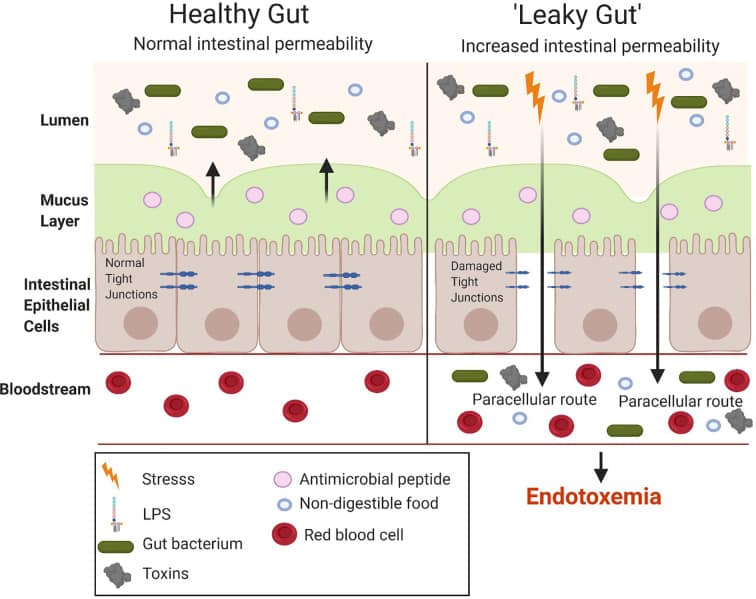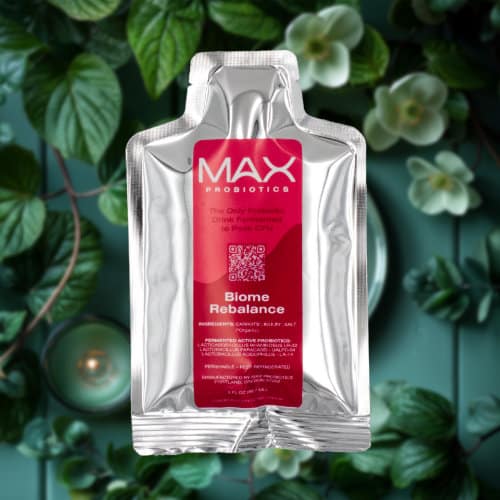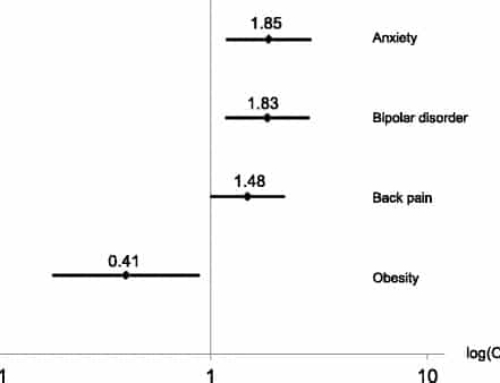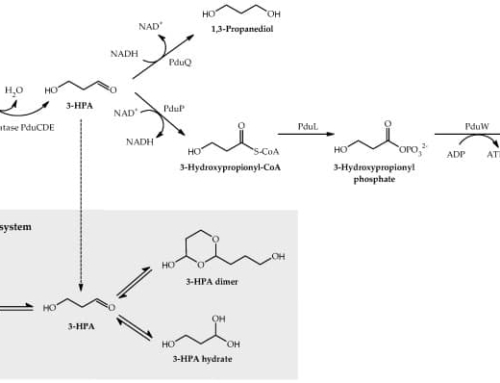Metabolic endotoxemia, associated with gut dysbiosis, has led to exploring probiotics as a dietary intervention. The gut microbiota, influenced by host genetics and diet, plays a crucial role in metabolic disorders like obesity and Type 2 Diabetes Mellitus (T2DM). Western diets, known to alter bacterial populations, trigger proinflammatory responses and disrupt intestinal barriers, contributing to metabolic endotoxemia. Studies show that probiotics, especially Bifidobacteria and lactobacilli, can modify the gut’s bacterial composition, reduce serum endotoxins, and improve metabolic markers in high-fat diet-fed mice. Additionally, prebiotics like inulin and fructooligosaccharides also positively influence gut microbiota, indicating that dietary adjustments could effectively manage metabolic endotoxemia.
Link to article: Role of Metabolic Endotoxemia in Systemic Inflammation and Potential Interventions









Leave A Comment
You must be logged in to post a comment.